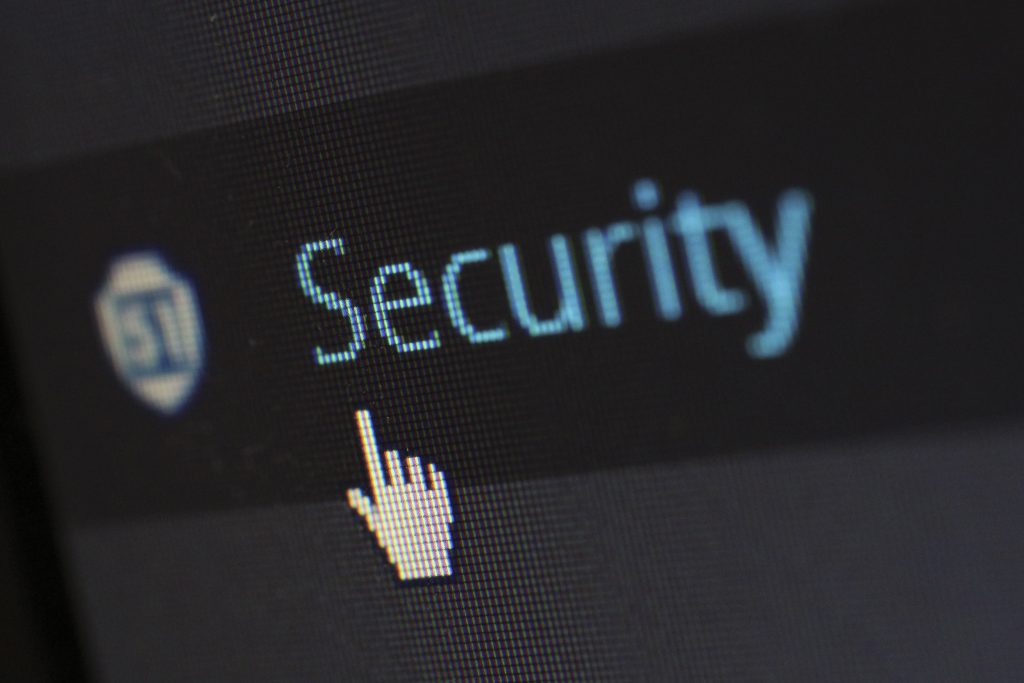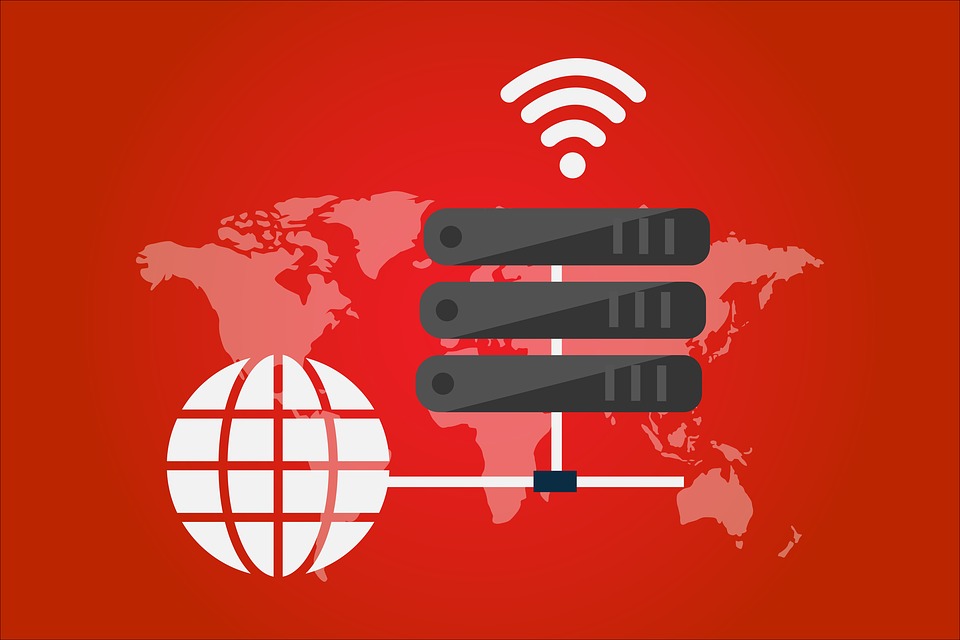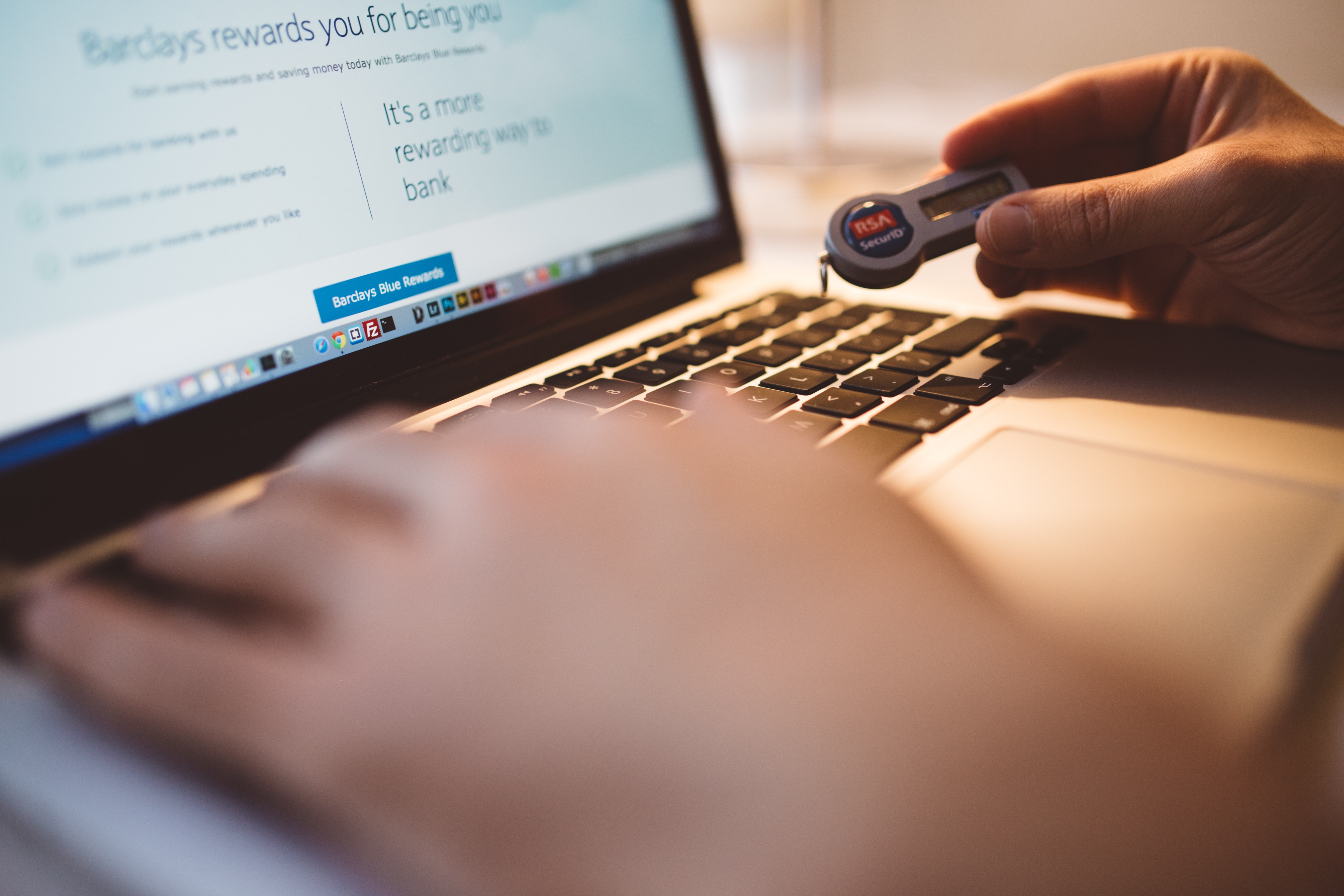Advancements in technology over the decades have made the internet a lot more accessible than it once was. Unfortunately, with the improvements that benefit consumers come advancements in internet threats. While service providers and internet hosts strive to provide a safer experience while browsing the web, there is only so much they can do. To ensure optimal security, the rest must come from you.
No matter who you are and what your purpose is on the internet—whether you’re a small business owner locking down e-commerce carts or a punter eyeing odds on international betting sites that span borders without a hitch—it’s crucial to have the best security possible, both for yourself and your server. Connecting to the wrong network could leave the data on your device vulnerable to snooping, viruses, and attacks, especially since it is so easy for cybercriminals to infiltrate ad space with viruses.
Given all of this, it’s best to take information security into your own hands – especially where public Wi-Fi is concerned. Thankfully, there are some relatively simple steps you can take to reduce exposure to harmful attacks.
Take Caution When Connecting
If you tend to do conduct a majority of your online activity in public places, be extra cautious which network you connect to. Even though a network claims to be the business in which you are located, there is no guarantee that is true. Also, those types of networks are open, meaning someone could easily find and spy on your activity. Stick to hotspots that use at least WPA protection. Those with login portals that include terms of service are a mixed bag; just how safe one is depends on what those conditions entail.
Similarly, be prudent about the sites you choose to visit on a public network. Stick to secure websites, which are labelled as such in the address bar and/or start with https://. These labels make it easy to identify secure sites on browsers, but other programs or apps may not be as transparent. If you haven’t taken additional steps to secure your information on public networks, you may want to stick to accessing mobile sites via browser instead of relying on apps.
Use Security Software

It should be no surprise that software explicitly designed to combat security threats should form the backbone of your digital protection. Both Windows and iOS come with serviceable protection features, so as long as you keep them active and updated, you don’t have to shell out for an antivirus program. That said, it remains an option if you want to do so.
Connect Via a VPN

Ultimately, the best way to protect your information is to use a virtual private network (VPN). A VPN sends your information through a tunnel encrypted at both ends, ensuring that all incoming and outgoing data is safe from unwanted surveillance. It’s the most dependable defense you can get amid the widely varying safety standards of public networks.
VPNs can be used for a range of other benefits, too. If revealing your location is of concern, a VPN can both mask and change your IP (Internet Protocol) address entirely. Your IP address is part of the data sent to and from the connected network. It tells the network where to send information back to. If someone accesses your IP address, he or she can determine your exact location.
With the number of factors outside your control, however, public networks will always have certain risks attached. Therefore, if you’re doing anything that involves sensitive data, such as bank details or confidential communication, you’re better off waiting until you can access a private network or creating one yourself by downloading a VPN.
